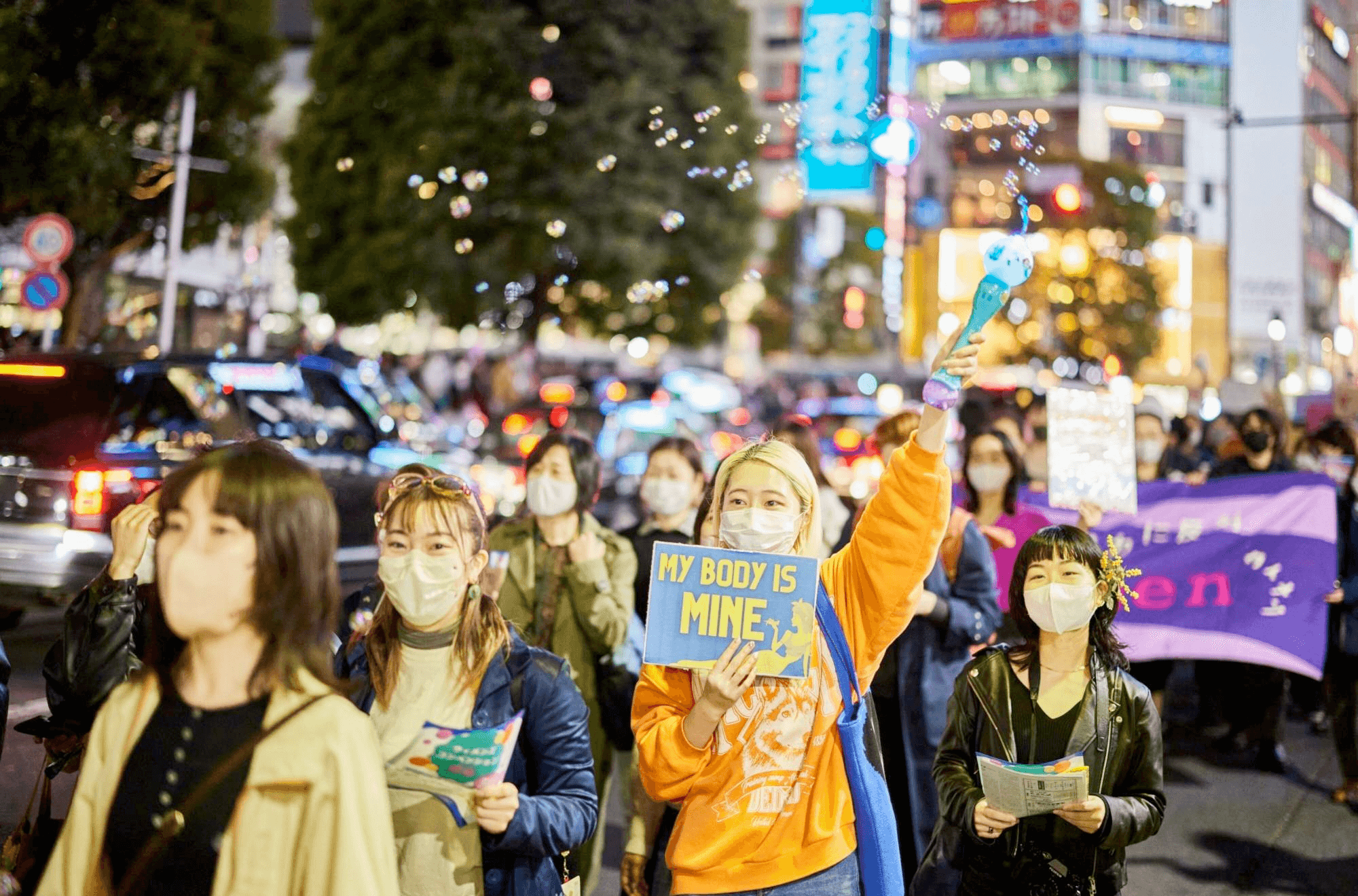
A Health Ministry panel approved Japan’s first abortion pill on 21 April 2023. An initial advisory panel at the Health Ministry approved the production and sale of the drug in January. Linepharma, a British pharma company, filed for approval of the combined mife-miso pill pack in December 2021 with the name Mefeego. The method could provide an alternative to the currently used surgical procedures, which are provided in tertiary hospitals, mostly on an inpatient basis.
The heavy requirements for provision of the pills that were suggested are comparable to those for surgical abortions, as well as at a high cost, again comparable to those for surgical abortions. These are likely to make accessibility a problem for many women. Moreover, although WHO says the use of abortion pills is safe up to 12 weeks of pregnancy, the initial approval for Japan is only up to nine weeks. Still, the approval has been welcomed, amid calls for greater progress in women’s reproductive rights and gender equality.
The Ministry announced the decision after a secondary panel had reviewed 12,000 public comments collected online. Final approval from the Health Minister is expected to follow, but the timing is unclear. There are plans to create guidelines for physicians and offer the public information on the method.
The Japan Times notes that abortion pills have been used for as long as two decades in other countries, but in fact it is as much as three decades in some. The extent to which abortion is legal has affected whether the pills have been approved or not. Japan has been criticised for lagging behind other nations, but they did the same with oral contraceptives. The article cites availability of the method in over 80 countries, but in fact the pills are also available in many more via online sources.
Kumi Tsukahara, director of the Reproductive Health Rights Literacy Institute, said the decision was positive, and called for a separate system to train medical practitioners on ways to communicate about abortion without stigma. But she cautioned that the method could be inaccessible to some,
In early April, the Health Ministry said it was considering plans to make it mandatory for patients to wait for up to a day at hospitals until the abortion is confirmed, after the administration of the second pill. This also applies to outpatients, with the decision expected to be in effect for an indefinite period after approval for the pills. Yet in clinical trials, 60% of medical abortions using the Mefeego pill pack were confirmed at four hours after misoprostol use, with the figure reaching 90% after eight hours. In less than 10% of cases, abortion was unsuccessful even after 24 hours, and there are new regimens being used in other countries of a repeat dose(s) of misoprostol to make the abortion complete in almost all cases.
Mefeego will not be covered by Japan’s national health insurance, just as surgical methods are not. With women being required to take the pills under medical supervision, costs may be greater than with a surgical abortion, which costs about US$730 to $1,500.
The issue of whether husband consent will be required, as with surgical methods, is as yet unresolved. Unmarried women do not need a partner’s consent but many doctors require it for fear of breaking the law. “Being able to control one’s own pregnancy is already the minimum requirement for gender equality,” said Kumi Tsukahara. “Although this discussion is on medicine, we must not lose sight of how this is a human rights issue.”
SOURCE: Japan Times, by Kathleen Benoza, 21 April 2023 + PHOTO: Bloomberg



